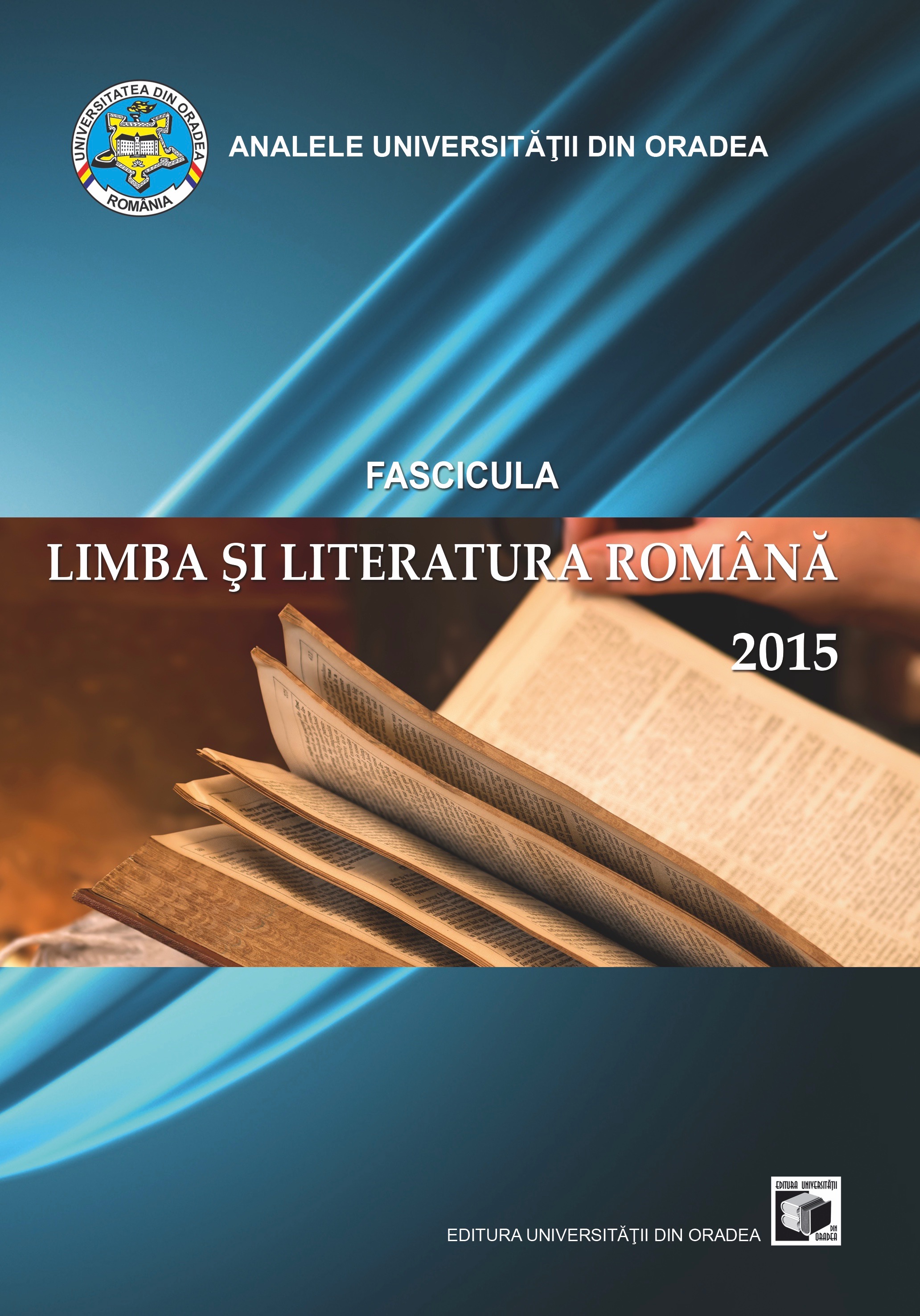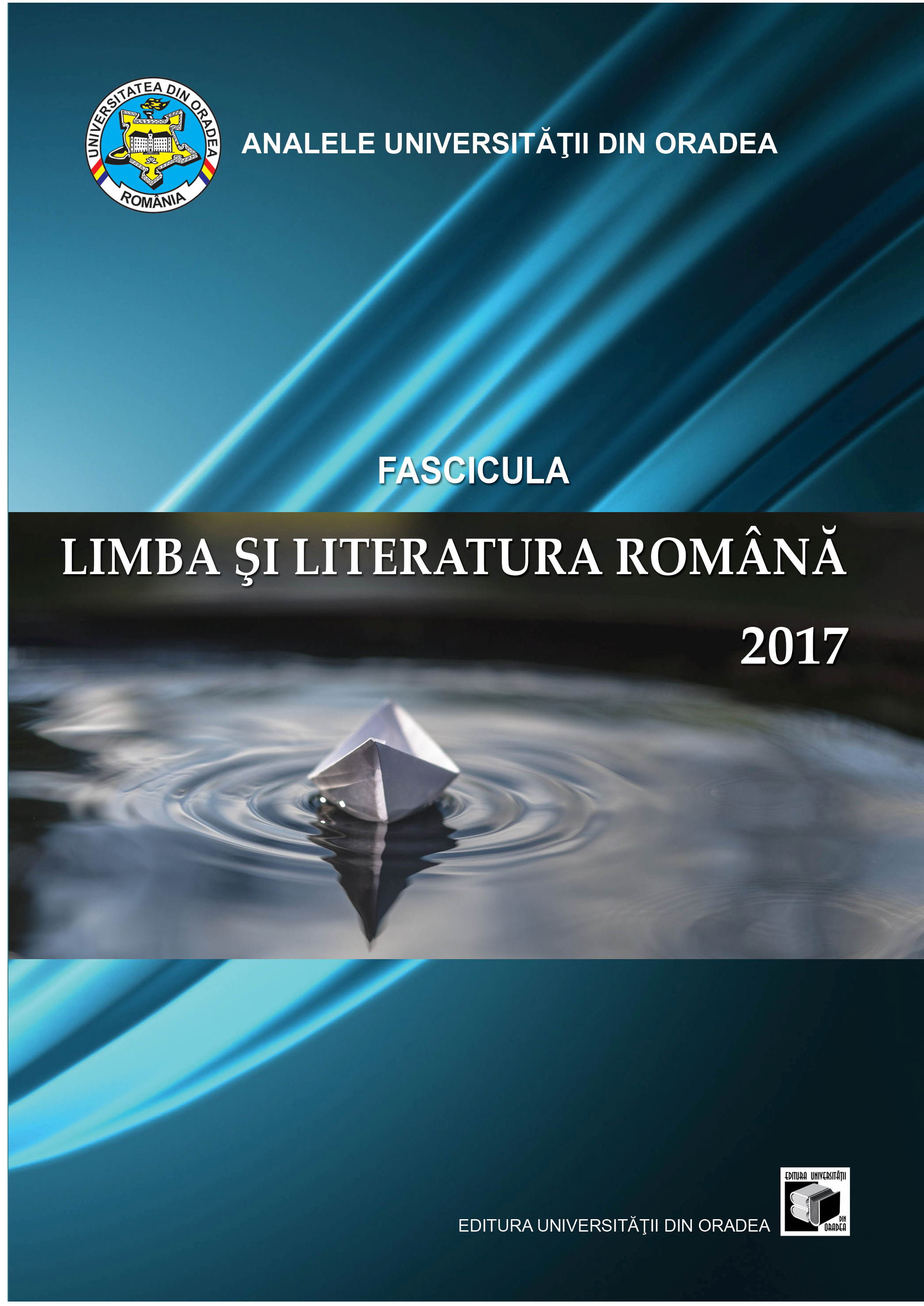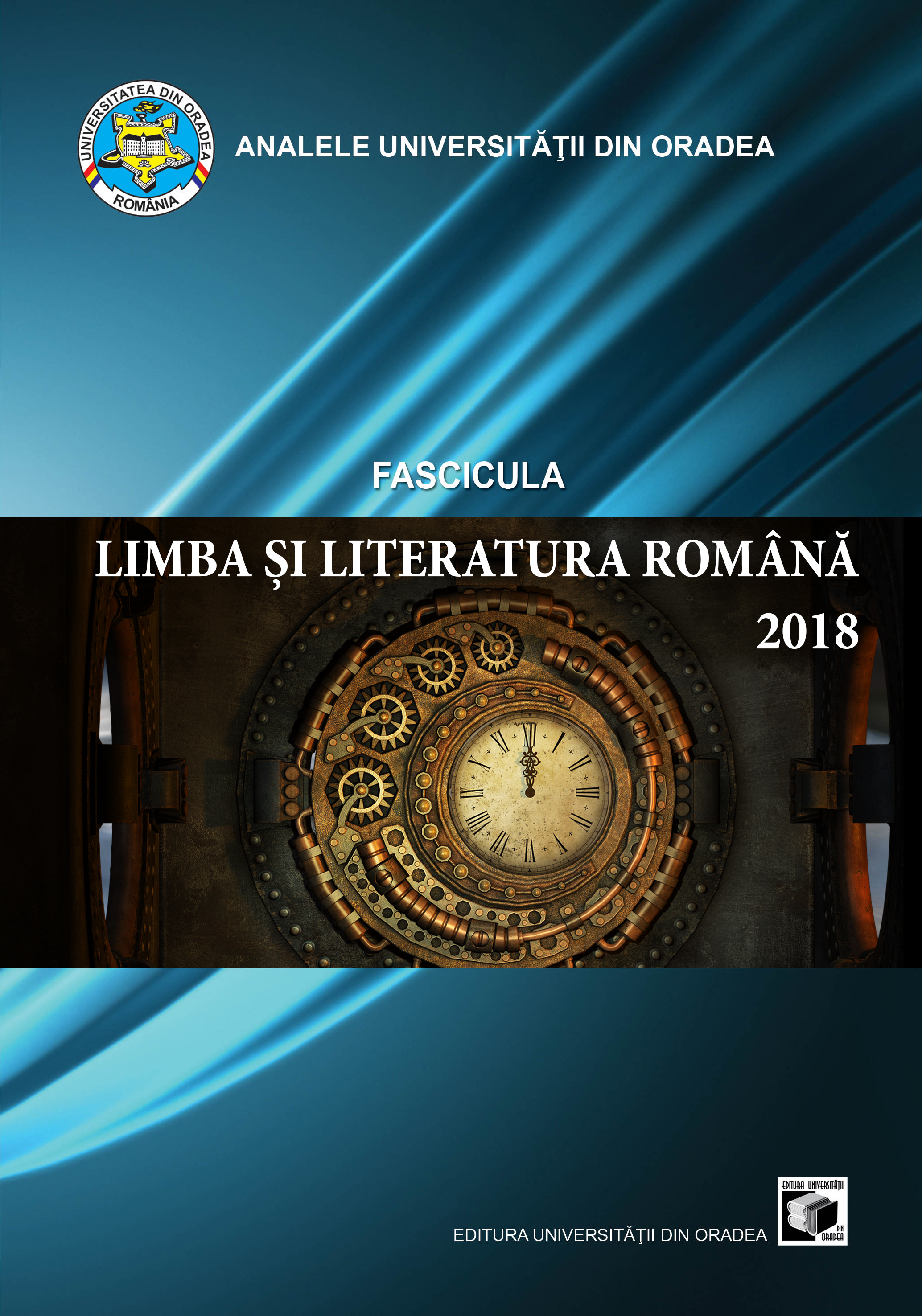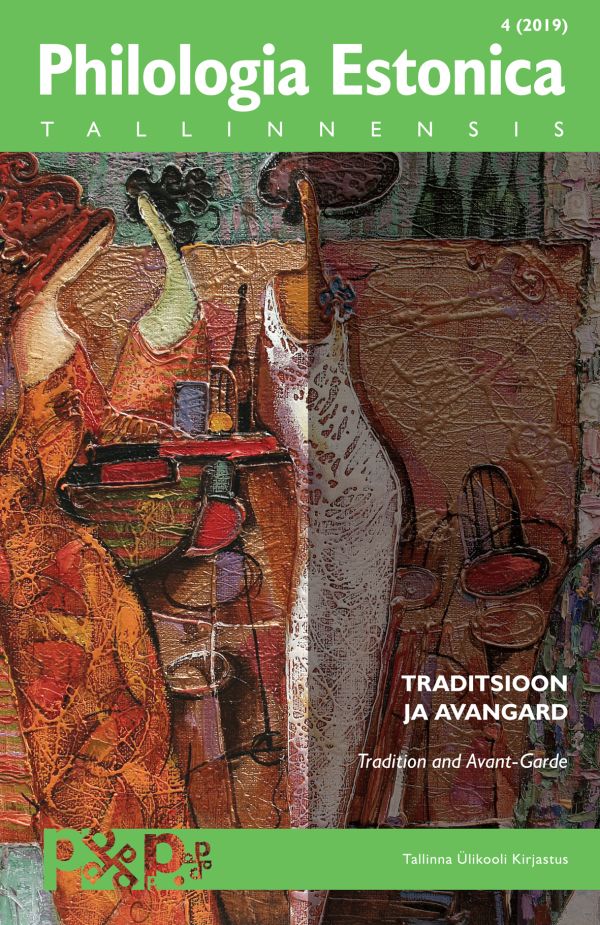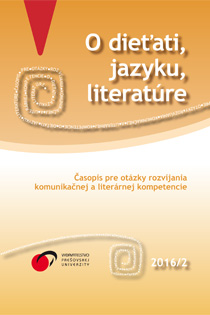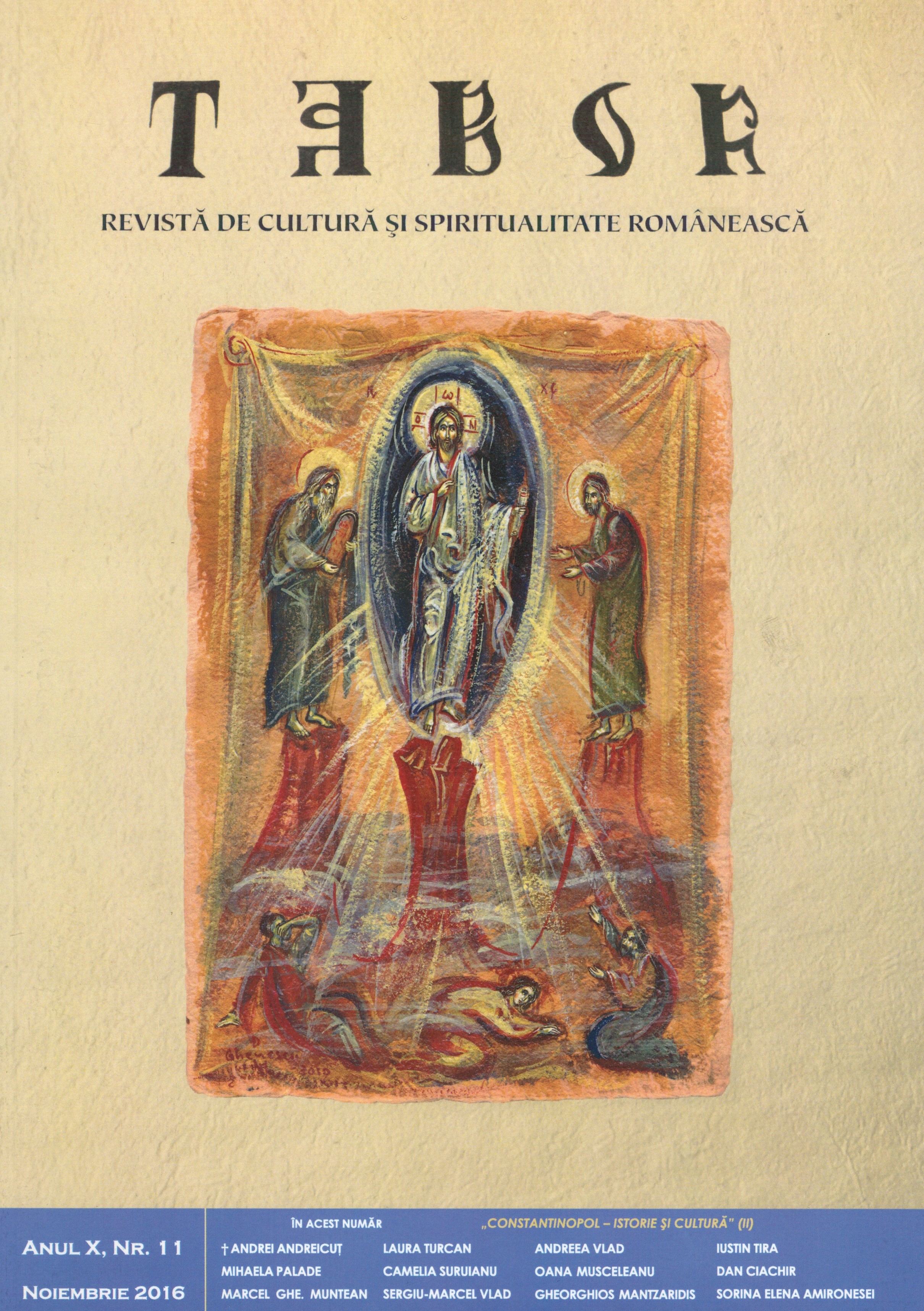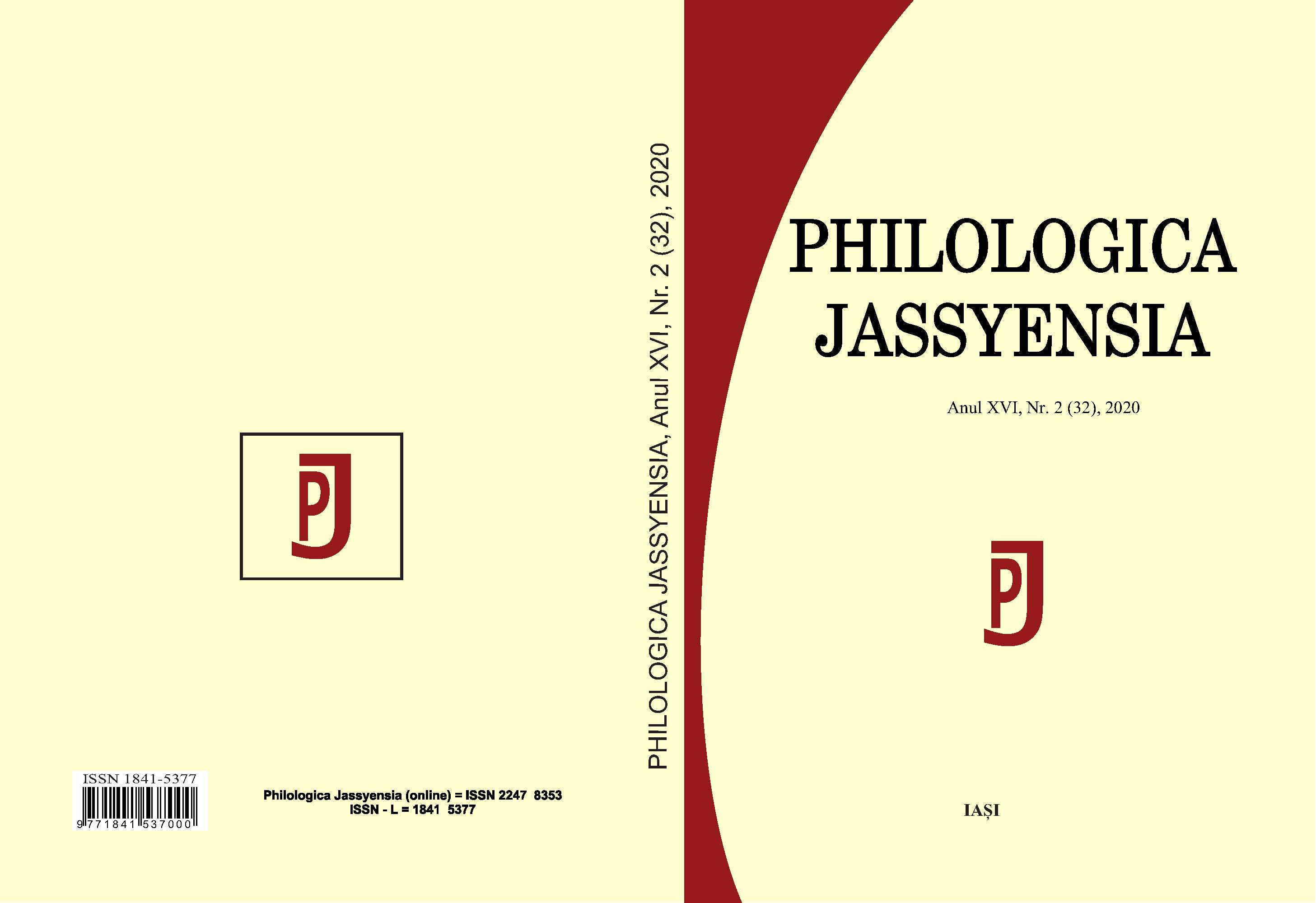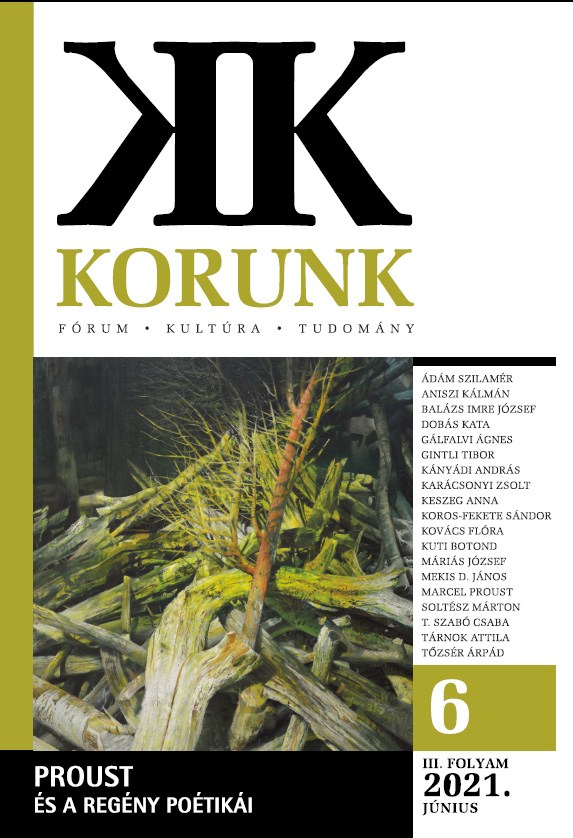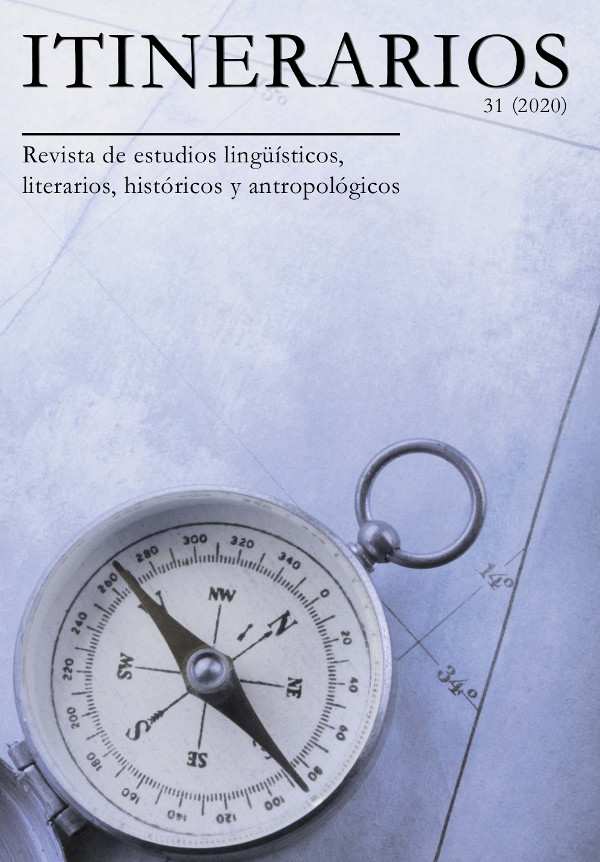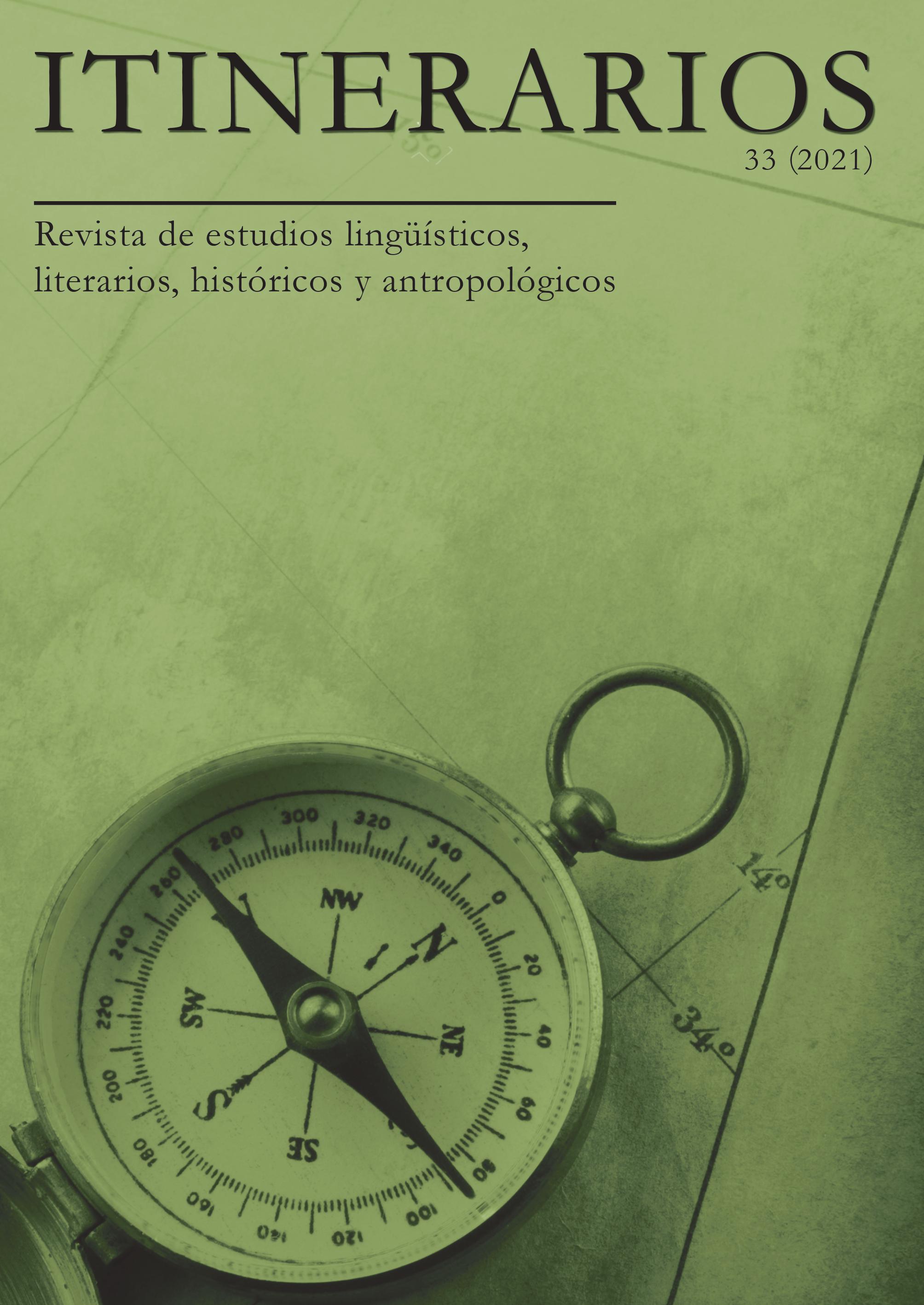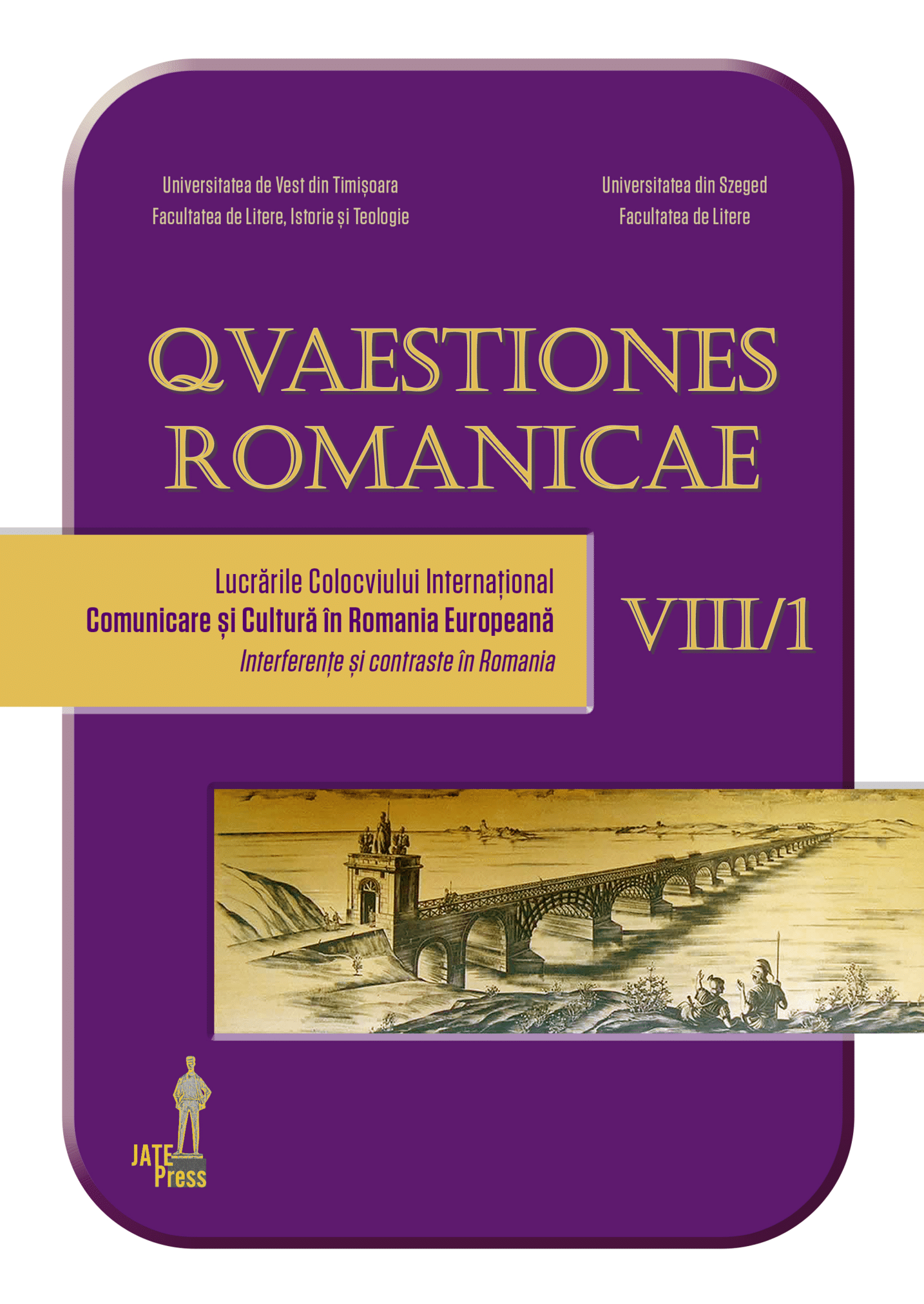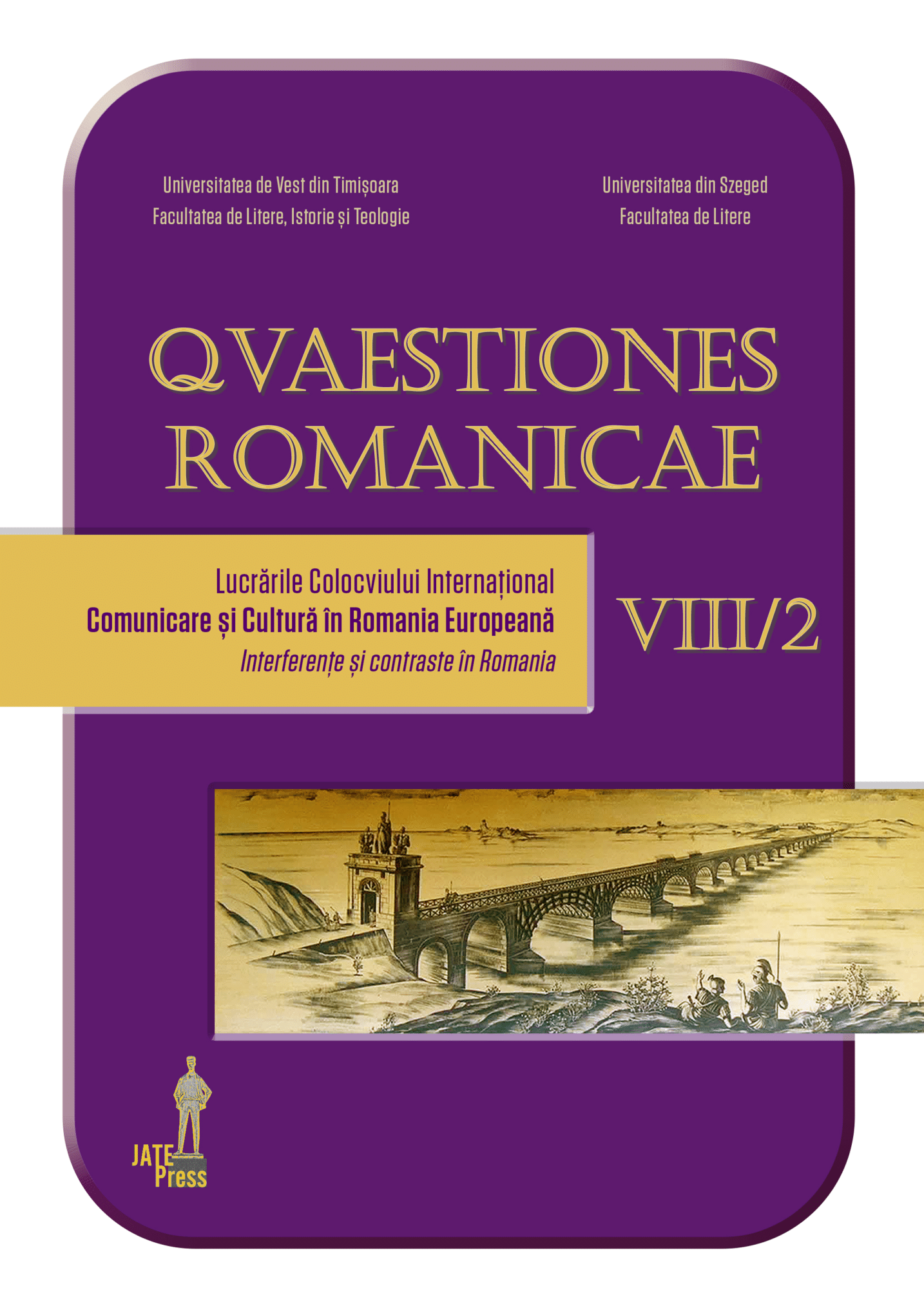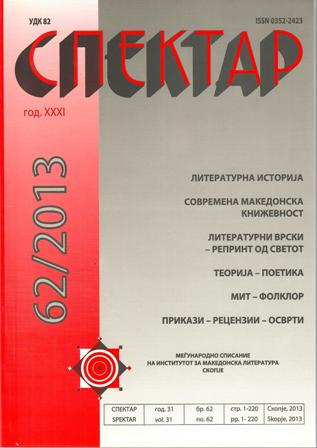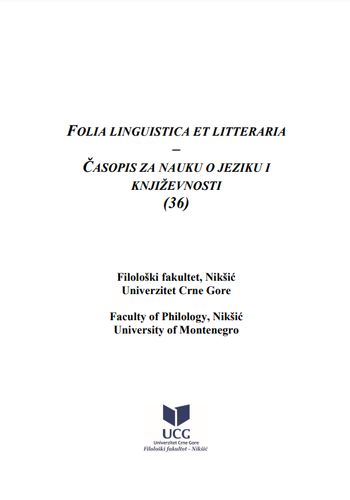Author(s): Loredana Dascăl / Language(s): Romanian
Issue: 2 (32)/2020
In order to portray the “Greek” merchant by elucidating the confidential aspects of his affairs (basically related to money and merchandise), starting the investigation from the virtues and emotions previously resulted, while exploiting, as storage media for any such information, the Greek documentary sources (the accounting books and acts and the commercial correspondence within the remaining archival fonds), as well as data from medieval juridical literature (mostly drawn up in Latin), this paper analyzes the dimensions of the secretiveness that pervades the practical and scriptural usages specific to the old medieval mercantile humanity in the Euro-Balkan region (XVth – mid-XIXth century).Generously illustrated with inedited fragments from documents (also including fifteen photoreproductions), the study aims at unifying the coordinates – communication, scriptural act, archivology – that clarify the extent to which the commercial archives testify to the secretive obsessions and compulsions of the merchants, especially the “Greek" ones, and of those who have inspired their customs.The Greek documents within the fonds of Aromanian trading houses and companies attest encoding reflexes for messages, contexts and names belonging to the entrepreneurs involved in the Euro-Balkan trade. The analysis of such communication methods has been structured on an array of mercantile risks that impose precautionary measures: economic and political espionage, Arcana Artis, great businesses, money, travelling, characterizations and recommendations, loan, trials, the “economy of secrets”. Cryptic writings, forged words and the use of pseudonyms and nicknames ‒ beyond being major palaeographic hindrances ‒ represent scriptural practices that conceal commercial realia (prohibited goods, forbidden currencies, hidden fees and profits, loans, favors, etc.).The regulatory instruments of medieval bookkeeping disclose the theoretical vision of the epoch (the one that has generated the historiographic concept of the “economy of secrets”) regarding the range of merchants' mystical consuetudes ‒ starting from protecting the correspondence, keeping secret records, concealing the archives ‒, in the interest of debating mainly the excessive prudence displayed towards the juridical requesting of these private archives. A certain discretion reveals itself as one of the defining features of the bookkeepers; in the spirit of the professional secrecy, so sacredly guarded by the medieval guilds (Arcana Artis) and even more so by the merchants' branch, this discretion occults the methodology of the accounting books and, consequently, the very “art” of counting and justifying the flow of money.In conclusion, after outlining these levels of mercantile secretiveness, by means of stepping, then, further into the family secretiveness (the trade house and firm correspond to the founding social entity), the research leads will be possible to be followed in order to disclose the personal categories of informations that prove to be sensitive inside the “Greek” merchants network and to create echoes in their social norms and emotions: blood ties, affinities or dissolutions, psychomental medical history.
More...
